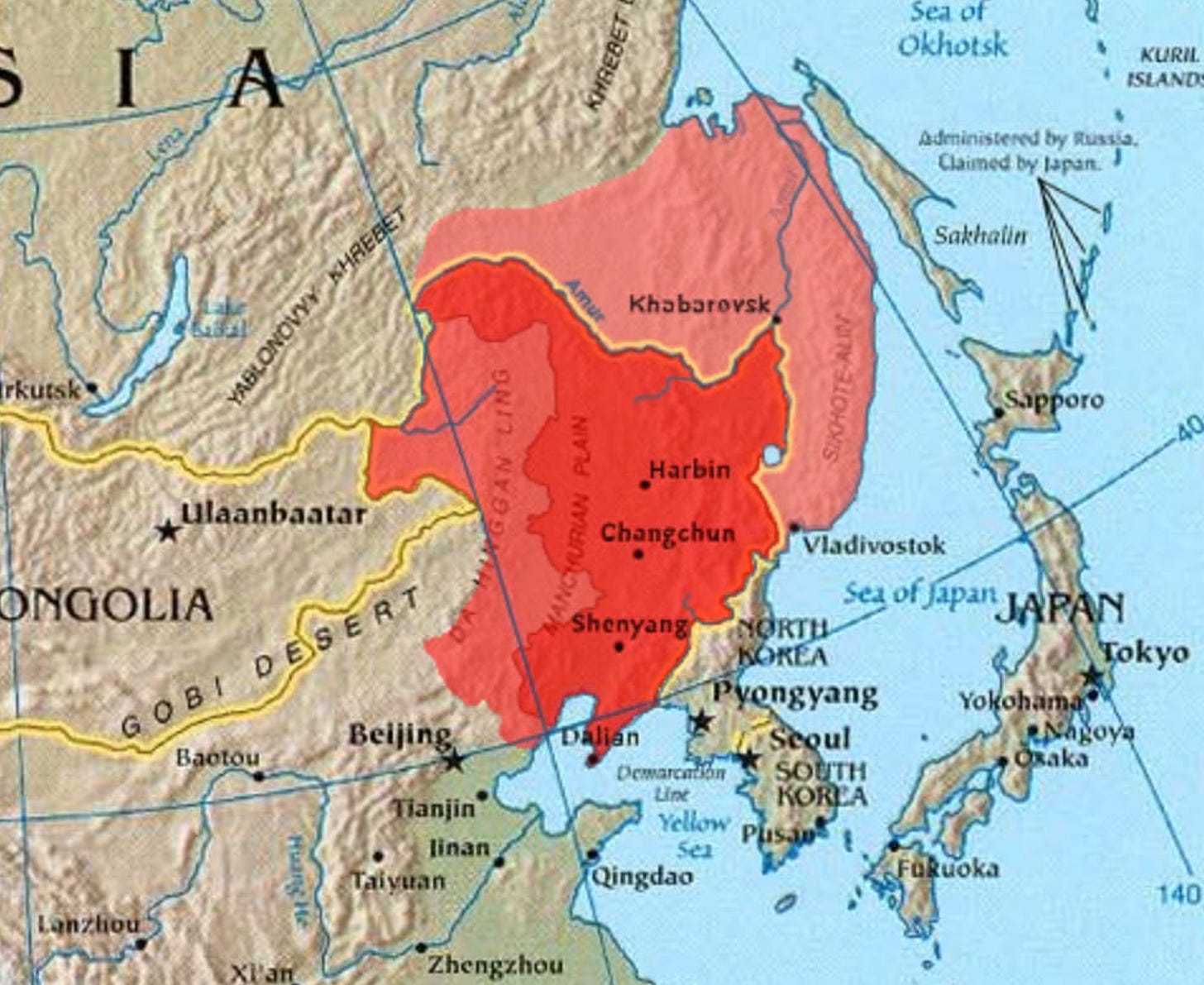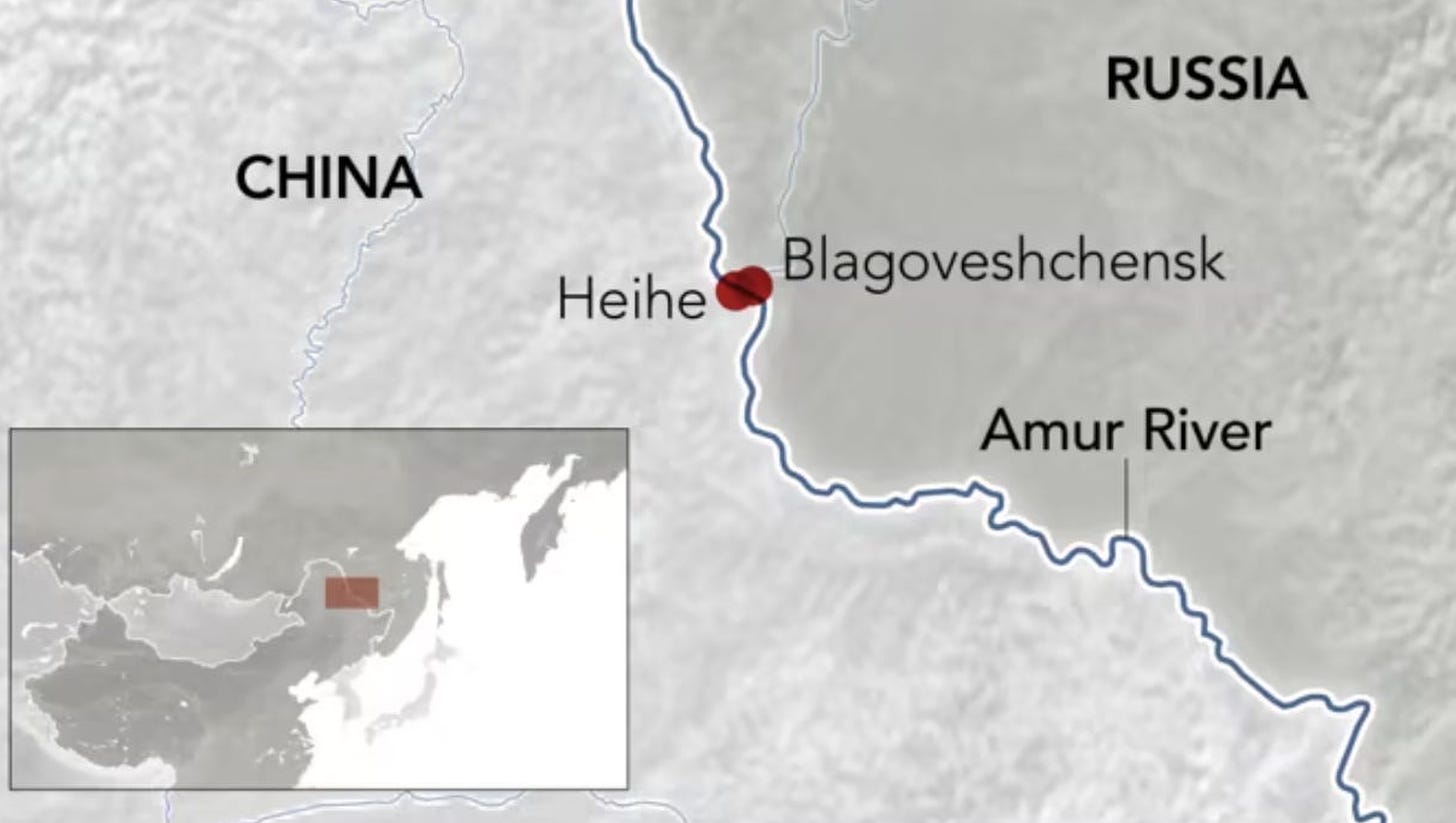Koningen en tsaren
Gisteren was het Koningsdag, dit vanwege het feit dat Willem-Alexander jarig was. Geef die man een paard en een zwaard, dacht ik toen ik hem als een paljas in Emmen rond zag lopen. Ik heb helemaal niks met het huidige koningshuis, realiseer ik me steeds meer. Sinds Juliana en Bernhard is de glans er wel een beetje af, eerlijk gezegd. En ook de sjeu, niet te vergeten. Ik ben inmiddels dan ook een voorstander van het opnieuw instellen van het stadhouderschap, waarbij wat mij betreft niet per se een lid van de familie Van Oranje-Nassau die functie hoeft te vervullen, zoals in het verleden altijd het geval was. Kleurrijke types zoals bijvoorbeeld Gerard Joling of Karin Bloemen zouden er, wat mij betreft, ook voor in aanmerking kunnen komen.
Ondertussen gaat de oorlog in Oekraïne gewoon door. Hoop op een snelle afloop koester ik niet meer. Wel heb ik me de afgelopen tijd regelmatig zitten afvragen wie er nou eigenlijk het meeste baat bij deze oorlog heeft, evenals bij de continuering ervan. Zo'n beetje iedereen heeft er op de een of andere manier voordeel van, behalve Rusland, kwam ik tot de conclusie. Het land dat er het meest van profiteert is waarschijnlijk China, en dat zowel op korte als op lange termijn. Ik was dan ook aangenaam verrast toen ik ontdekte dat ik niet de enige ben die er zo over denkt. Iemand als Diane Francis, een zeer gerenommeerde Canadese onderzoeksjournalist, is namelijk ook die mening toegedaan. In een interview met Kate Gerbeau op Times Radio (gisteren), en in een post op het platform Substack (8 april jl.), schetst ze een soort 'overall view' van de situatie, zowel in historische als in geopolitieke zin. De Russische Federatie bestaat waarschijnlijk niet zo heel lang meer, is haar stellige overtuiging. Met het rijk van tsaar Vladimir Putin is het dus binnenkort gedaan. En mogelijk gaat China dan in Siberië aan gebiedsuitbreiding doen. Hieronder volgt wat ze daarover schrijft.
***
China waits...
China remains on the sidelines of Russia’s war but is the conflict’s biggest beneficiary. It does not sell weapons, but imports cheap energy from Russia and exports refrigerators and consumer products in return. China has talked about peace, but it wants more war, said Czech Republic President Petr Pavel. “It is in China’s interest to prolong the status quo because it can push Russia to a number of concessions. It is also good for China that the West is probably becoming a little bit weaker by supporting Ukraine.” Thus Beijing bides its time as Russia hurtles toward the same fate as did the Soviet Union which dissolved in 1991 following an expensive war of attrition in Afghanistan. In Russia’s southwest corner, there are already some restive “republics”, comprised of Turkic majorities, with resources and burgeoning independence movements. But the biggest prize and question mark is on the other side of the Ural Mountains: Siberia (“sleeping land” in Turkic) which is as large and resource-rich as Canada. It borders Central Asia, Mongolia, and China and if, or when, Putin falters, China will pounce.
The first target will be Outer Manchuria (the pink area on the map), stolen from China by Russia in the mid-19th century. It is an area the size of Nigeria and includes Vladivostok, the coastal area along the Sea of Japan, Sakhalin Island, and the Kuril Islands. These territories have a population of 4.5 million, untapped natural gas and iron ore along their coastlines, and significant amounts of oil and gas in Sakhalin. It is empty and underdeveloped. By contrast, Inner Manchuria (red area, still part of China) is a dynamic province with a population of 107 million that has been industrialized and become a trade hub. Beijing would gladly reclaim all of Manchuria if the war ends badly for Putin. And there is little doubt that a weak and crumbling Russia might be willing or forced to divest these lands for a price, or that the area may simply come up for grabs.
China has established other regions of “economic hegemony” along its border with Russia. Only 500,000 ethnic Chinese currently reside inside the Russian Federation, but several Chinese cities with millions of residents have sprouted along the border. They have built factories, farms, and businesses that provide goods and services that Russians are uninterested or incapable of producing. Manchuria is the most successful example and illustrates the stark difference between the two countries. Russia’s Blagoveshchensk is a sleepy border town with a population of 211,000 and across the river Amur is industrialized China’s Heihe with 1.673 million people.Moscow and Beijing have waged border wars for centuries but in the 1980s a Sino-Russian coalition developed -- a marriage of convenience that coalesced in order to counteract American influence and to facilitate trade. Then the relationship between the two nations profoundly changed after the February 24, 2022 invasion of Ukraine. The unprovoked aggression not only upended international norms, but President Xi Jinping had no idea this was going to happen when he signed a “no limits partnership” with Putin just days before the incursion.
Since then, Xi has distanced himself from Putin. China has not condemned the invasion nor supplied weapons. But it has refused to impose sanctions on Moscow, and its energy purchases, along with India’s, finance Putin’s war and benefit the two economies. At the same, however, Beijing has cautiously pivoted toward the West following imposition of America’s protectionist Chips Act which restricts its access to vital semiconductor technology. Beijing also wrestles with friend shoring, low economic growth, and debt issues due to its own mismanagement. The result is that the two superpowers regularly meet to try and resolve differences concerning trade, tech, and Taiwan.
But the minute that Russia wobbles, China will jump at the chance to grab Manchuria as well as to gain control over Russia’s sparsely populated Far Eastern Federal District (the yellow area on the map), which includes a vast Arctic region and the entire Pacific Ocean coastline. Uniting Manchuria with this hinterland, would turn China into a major powerhouse.
But this is some time off because Russia’s war is far from finished. While the outcome is uncertain, there’s little question that the world slowly witnesses an end to the last European colonial empire. Currently, the Russian elite in Moscow and St. Petersburg live like royalty and terrorize citizenry and neighbors across 11 timezones. But this is not sustainable. Russia’s military cannot beat a smaller foe, and its GDP is smaller than China’s industrialized Province of Guangdong outside Hong Kong. Putin’s 2022 attempt to re-occupy the “colony” of Ukraine will prove to be suicidal. He destroys his economy and his nation’s future. Eventually, Europe’s last empire will atomize and end up in pieces.*1
Thus China waits.
Author: Diane Francis
***
Diane Marie Francis (1946) is a Canadian journalist, author and editor-at-large for the National Post newspaper since 1998. Francis was a reporter and columnist with the Toronto Star from 1981 to 1987, then a columnist and director with the Toronto Sun, Maclean's and the Financial Post in 1987 and its editor from 1991 to 1998, when it was taken over by the National Post and incorporated into it. She has been a columnist and editor-at-large at the National Post since then. She is also a regular contributor to the Atlantic Council, New York Post, the Huffington Post, and the Kyiv Post, as well as newspapers around the world. She is a broadcaster, speaker and author of ten books on Canadian socioeconomic subjects.
Diane Francis is a distinguished professor at the Ted Rogers School of Management at Toronto Metropolitan University (formerly Ryerson University) in Toronto. She was a visiting fellow at Harvard University's Shorenstein Center in autumn 2005 and has been a media fellow at the World Economic Forum. She holds an honorary Doctorate of Commerce from the Saint Mary's University (1997), and an Honorary Doctorate from Ryerson University (2013). Source: Wikipedia.
*1 Zie ook mijn post van 31 augustus 2022.




